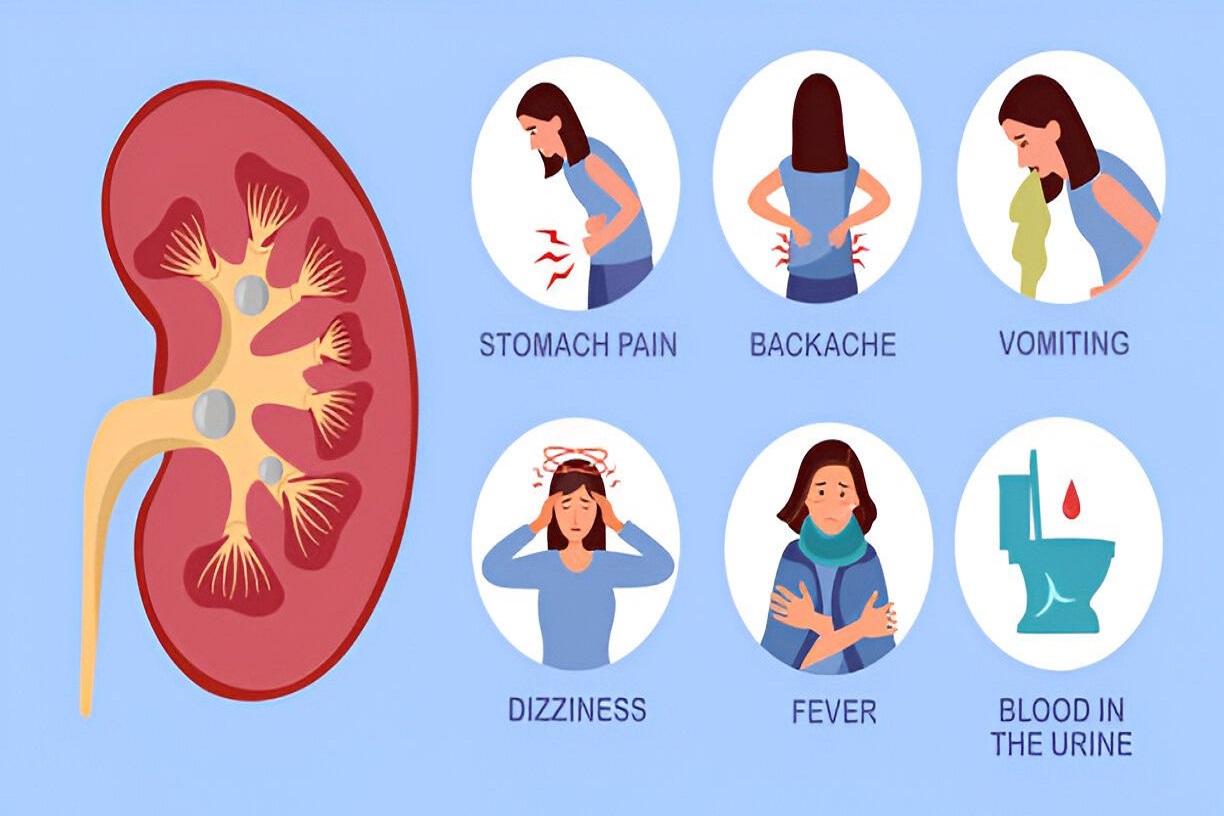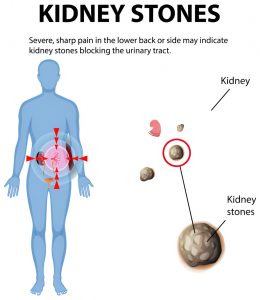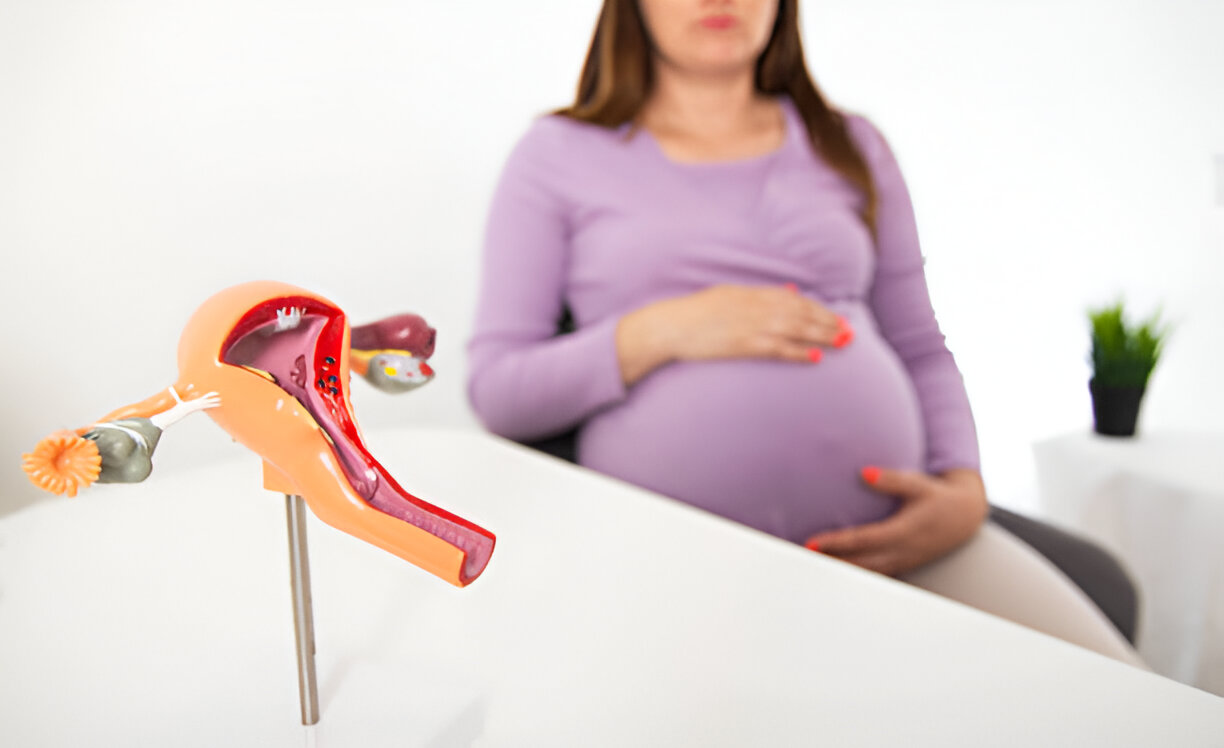
Everything You Need to Know About Kidney Stones- Causes & Treatments
Kidney stones are a common and painful condition affecting millions of people worldwide. These hard mineral and salt deposits form in the kidneys and can cause severe discomfort when passing through the urinary tract. Understanding the causes, symptoms, and treatment options for kidney stones is essential for early detection and effective management. If you suspect you have kidney stones, consulting a primary care doctor or primary care physician at an internal medicine clinic can help you receive the best care and guidance.
What Are Kidney Stones?
Kidney stones are solid, crystalline deposits that form in the kidneys due to the accumulation of certain minerals and salts. They vary in size, from tiny grains to larger stones that can obstruct urine flow. While small stones may pass unnoticed, larger ones can cause intense pain and complications if left untreated.
Causes of Kidney Stones
Several factors contribute to the formation of kidney stones, including:
1. Dehydration
One of the primary causes of kidney stones is dehydration. When you don’t drink enough water, your urine becomes concentrated, allowing minerals to crystallize and form stones.
2. Dietary Factors
Certain foods increase the risk of kidney stones, such as:
High-oxalate foods: Spinach, beets, nuts, and chocolate can contribute to calcium oxalate stones.
Excess salt: High sodium intake can lead to calcium buildup in the urine.
Animal proteins: Red meat and shellfish can increase uric acid levels, leading to stone formation.
3. Genetic Factors
A family history of kidney stones increases your risk. If your relatives have had kidney stones, you may be more prone to developing them.
4. Medical Conditions
Some health conditions that can lead to kidney stones include:
Obesity: Being overweight increases the risk of kidney stone formation.
Hyperparathyroidism: Overactive parathyroid glands can elevate calcium levels in the blood and urine.
Gout: This condition raises uric acid levels, contributing to stone formation.
5. Certain Medications
Some medications, including diuretics, calcium-based antacids, and certain antibiotics, can increase the risk of kidney stones.
Symptoms of Kidney Stones
Kidney stone symptoms can vary depending on the stone’s size and location. Common symptoms include:
1. Severe Pain
Pain is the most prominent symptom of kidney stones, usually occurring in the lower back, abdomen, or groin. The pain may come in waves and fluctuate in intensity.
2. Blood in Urine
As the stone moves through the urinary tract, it may cause irritation and bleeding, leading to pink, red, or brown urine.
3. Frequent Urination
You may feel the need to urinate more often, especially if the stone is near the bladder.
4. Burning Sensation While Urinating
Pain or burning while urinating is common, especially if an infection is present.
5. Nausea and Vomiting
Some people with kidney stones experience nausea and vomiting due to severe pain.
6. Fever and Chills
If an infection develops, fever and chills may occur, indicating the need for immediate medical attention.
Diagnosis of Kidney Stones
A primary care doctor or primary care physician at an internal medicine clinic can diagnose kidney stones through various tests, including:
- Imaging tests: X-rays, ultrasounds, or CT scans can detect kidney stones and determine their size and location.
- Urine analysis: A urine test can reveal high mineral levels or infections.
- Blood tests: Blood work can check for calcium, uric acid, and kidney function.
Treatment Options for Kidney Stones
The treatment for kidney stones depends on their size, type, and severity of symptoms.
1. Home Remedies for Small Stones
If the stone is small and not causing severe symptoms, a doctor may recommend:
- Drinking plenty of water: Staying hydrated helps flush out small stones.
- Pain relief medications: Over-the-counter pain relievers like ibuprofen or acetaminophen can help manage discomfort.
- Medical expulsive therapy: Alpha-blockers or calcium channel blockers may be prescribed to help the stone pass more easily.
2. Medical Treatment for Larger Stones
If the kidney stone is too large to pass naturally, medical interventions may be needed, such as:
- Shock Wave Lithotripsy (SWL) : This non-invasive procedure uses high-energy shock waves to break kidney stones into smaller fragments that can pass through the urine.
- Ureteroscopy : A thin, flexible tube (ureteroscope) is inserted through the urethra and bladder to remove or break down stones in the ureter.
- Percutaneous Nephrolithotomy (PCNL) : For very large stones, a small incision is made in the back, and a tube is inserted to remove the stone directly from the kidney.

3. Medications to Prevent Future Stones
Depending on the stone type, doctors may prescribe medications such as:
- Diuretics: Reduce calcium in urine.
- Allopurinol: Lowers uric acid levels for people with gout-related stones.
- Potassium citrate: Prevents calcium and uric acid stone formation.
Preventing Kidney Stones
To reduce the risk of kidney stones, follow these preventive measures:
1. Stay Hydrated
Drink at least 8-10 glasses of water daily to dilute minerals in the urine.
2. Follow a Kidney-Friendly Diet
- Limit sodium intake: Too much salt increases calcium levels in the urine.
- Eat more fruits and vegetables: Citrate-rich foods like lemons and oranges help prevent stone formation.
- Reduce animal protein: Limit red meat, shellfish, and organ meats.
3. Maintain a Healthy Weight
Obesity increases the risk of kidney stones, so regular exercise and a balanced diet are essential.
4. Monitor Medication Use
If you take medications that may increase kidney stone risk, consult your primary care physician for alternatives.
5. Regular Health Checkups
Visiting an internal medicine clinic for routine checkups can help detect risk factors early and prevent kidney stone complications.
When to See a Doctor
Seek medical attention if you experience:
- Severe, persistent pain that doesn’t improve
- Blood in your urine
- Fever and chills
- Difficulty urinating
A primary care doctor can diagnose and manage kidney stones, while specialists may be needed for advanced treatment.
Conclusion
Kidney stones can be painful and disruptive, but early detection and proper management can help prevent complications. Understanding the causes, recognizing the symptoms, and seeking treatment from a primary care physician at an internal medicine clinic can make a significant difference in your kidney health. By staying hydrated, maintaining a healthy diet, and following medical advice, you can reduce the risk of kidney stones and lead a healthier life.
If you’re experiencing symptoms or have concerns about kidney stones, schedule an appointment with your primary care doctor today for personalized care and treatment options.











